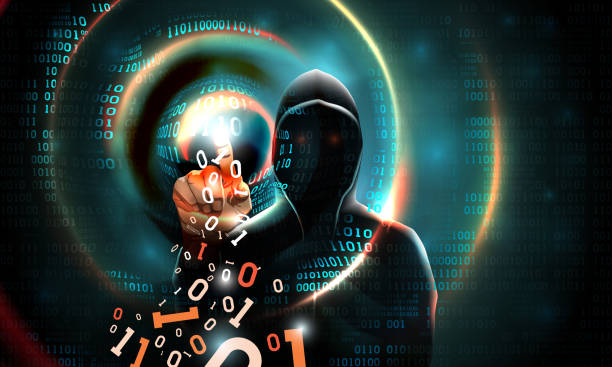


We are in an unprecedented time, with most people quarantining at home, waiting for the coronavirus / COVID-19 pandemic to slow down and for Connecticut to re-open. People are turning to the internet for entertainment.
What is the Dark Web?
The Dark Web–also called the Darknet–is a part of the Internet that isn’t easily accessible. You need specialized software, called Tor or I2P, to get there. It’s called the Dark Web because the software allows users and website hosts to remain anonymous, and often untraceable by law enforcement.
Is going on the Dark Web Illegal?
Not necessarily but it can lead to an arrest if the user engages in illegal activity. There are legal uses and purposes for using Dark Web technology, such as the United Nations and Facebook using it to protect dissidents in oppressive nations. But the Dark Web, because of its untraceable and anonymous features, is also a hotbed for illegal activity like drugs, guns, and child pornography images.
What is a P2P Network?
P2P is short for “Peer-to-Peer.” Essentially, a P2P network allows to users from anywhere in the world to connect their computers and easily transfer files to each other.
Are Peer-to-Peer Networks Illegal?
Generally, no. P2P Networks are not necessarily illegal to use. But, if you’re found to be sharing or downloading illegal images, like child pornography, or if you share something that’s subject to a copyright, like a game or program, then it can lead to an arrest.
How Can I Get in Trouble with a P2P Network?
If you’re downloading illegal images, you can be arrested in Connecticut or by the federal government for Possession of Child Pornography under C.G.S. § 53a-196d or § 53a-196e or for Importing Child Pornography under C.G.S. § 53a-196c. However, experienced defense attorneys have found that their clients are sometimes baited or phished into downloading illegal images.
Here’s how someone gets arrested on the Dark Web – the client is on a P2P site looking for legal pornography and downloads 100 images in bulk. Most of the images are legal, but some are not. Even if the client puts the illegal images in the computer’s trash can right after opening them, he or she can still be charged with Illegal Possession of Child Porn in CT.
What is Child Pornography in Connecticut Criminal Law?
Simply put, per Connecticut state law, child pornography means any visual depiction (photographs, film, video, etc.) that involves a person under the age of sixteen engaging in sexually explicit conduct. Under federal criminal law, the definition is similar, but the age is raised to eighteen years old. Because of these strict definitions, make sure to avoid any downloads that even suggest having a young person or teenager involved.
Staying Safe on the Internet During Quarantine
Long story short, it’s more important than ever to be careful when you’re browsing the Internet. If you’re looking for legal pornography, be careful of what you’re downloading and where you’re getting it from. Remember the dangers of the Dark Web and of Peer-to-Peer downloads and image sharing. If you’re contacted by the police, or have concerns about your Internet browsing, call us today at (203) 358-4700.